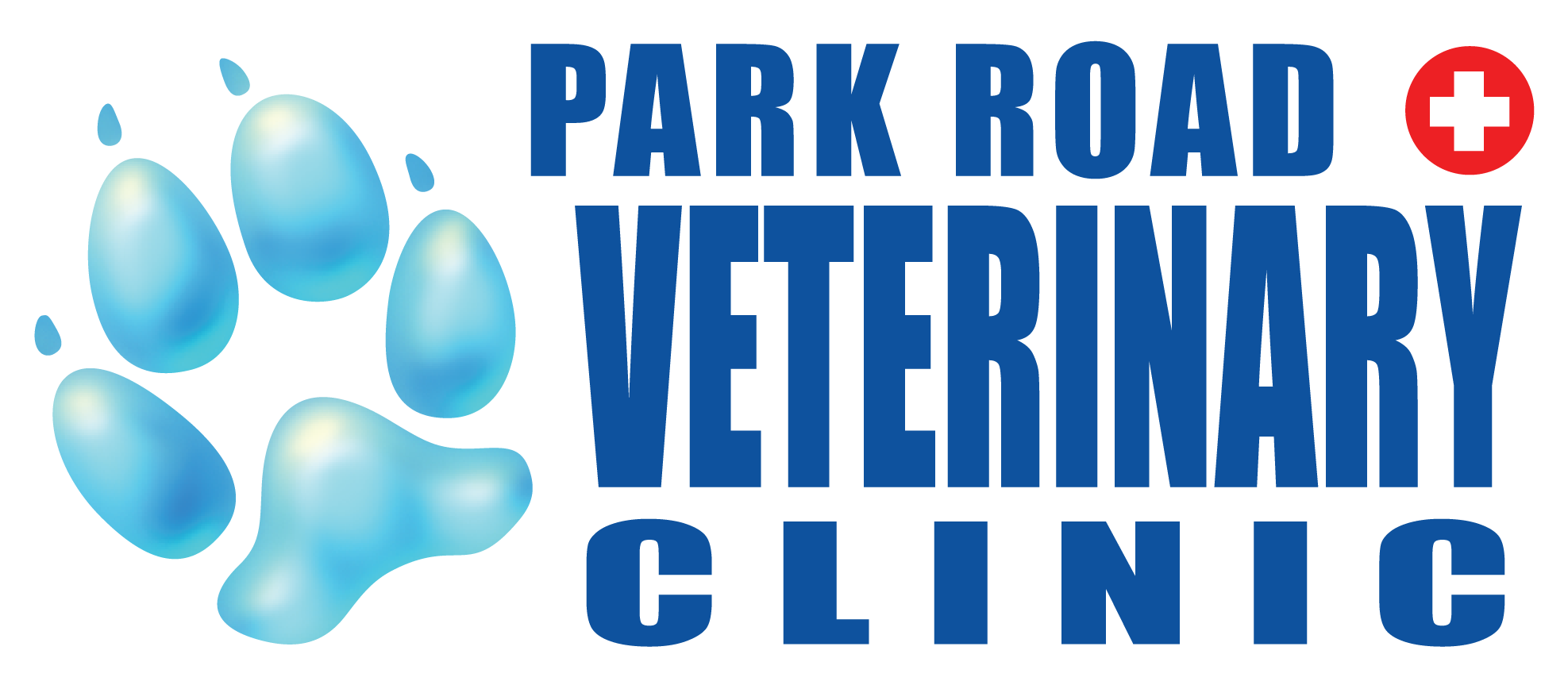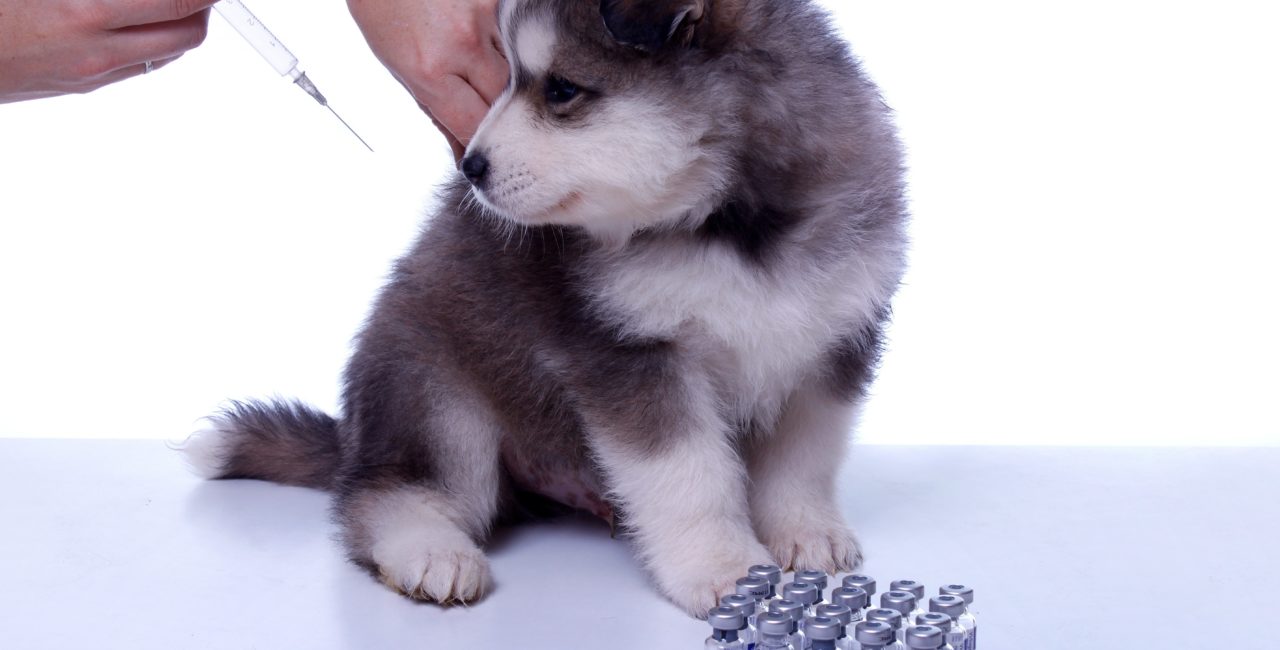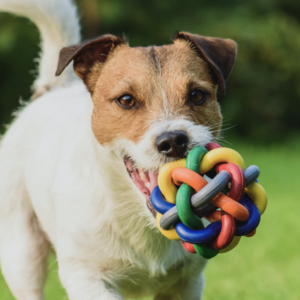Author: Jakki Papp
Canine Parvovirus is a highly contagious and debilitating virus that affects the gastrointestinal tract. Puppies are the most at risk for this virus; though, it can affect any unvaccinated dog. This is why puppy vaccinations are so important! Puppies receive antibodies from their mother’s milk that provides protection until around 6 – 8 weeks of age, this is where we as owners take over to ensure they are protected. Parvovirus is a Core Vaccine that is given at 6-8, 10-12 and 14-16 weeks of age. It is boostered again 1 year later and then every 3 years thereafter.
Signs of Parvovirus include, lethargy, not wanting to eat or drink, vomiting and diarrhea. It is diagnosed by a laboratory test of the stool. Once diagnosed, extensive treatment is usually needed including I.V. fluids, medications to help with the symptoms, and and usually a lengthy stay in hospital. This can be quite costly and the outcome is not always positive. Treatment can be upwards of $2000. When compared to the cost of vaccines, this is a no-brainer!
Another point to consider regarding Parvovirus, is how contagious it is. Parvovirus is shed through the feces of the infected dog for 6 weeks and can remain in the environment for 6 months. Once diagnosed, the dog must be quarantined until completely cleared of the virus by your Veterinarian. This means your pup/dog must be kept away from other animals and places to ensure that the virus remains contained. This can be very hard because, once the animal feels better, it can be a very long 6 weeks for them as they are not able to go for walks, visits, puppy classes, etc. When a puppy is quarantined for this amount of time, they also miss out on crucial socialization.
If you have questions regarding Parvovirus or any other of the virus/diseases we vaccinate for, please don’t hesitate to ask us!
Stay Tuned for next month’s blog with a Parvovirus Case Study.




